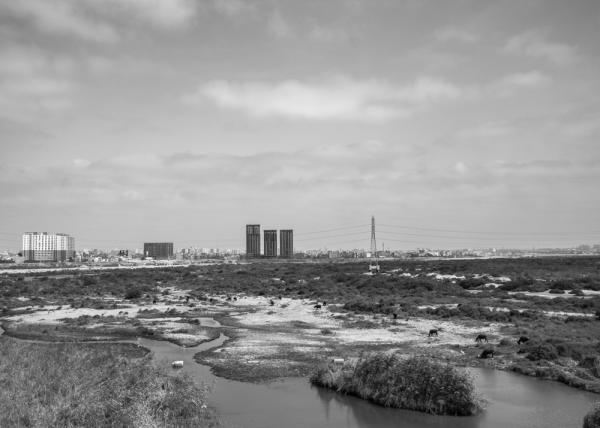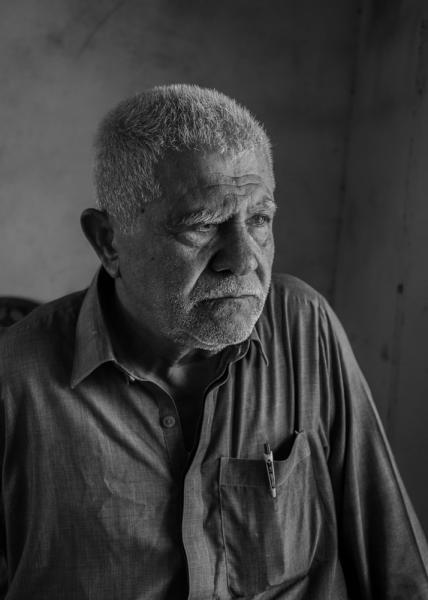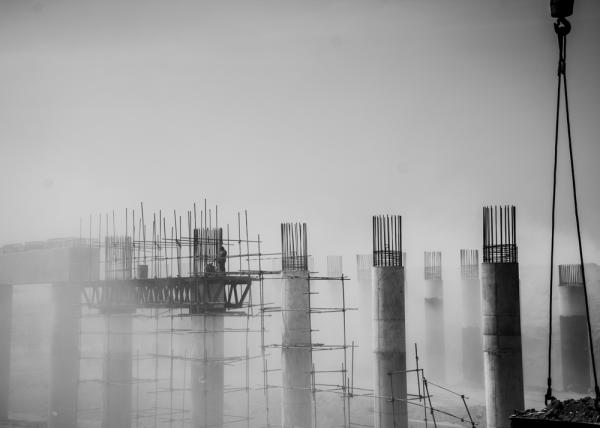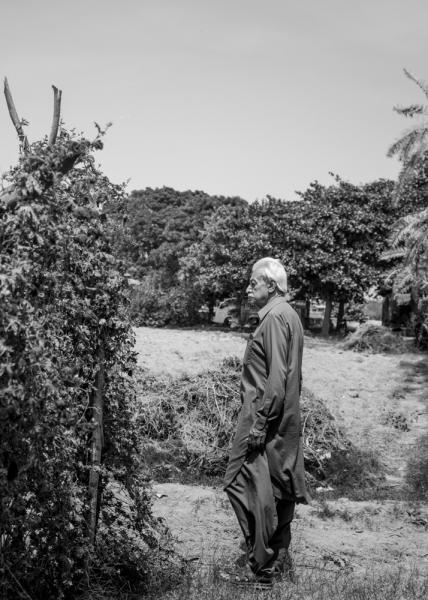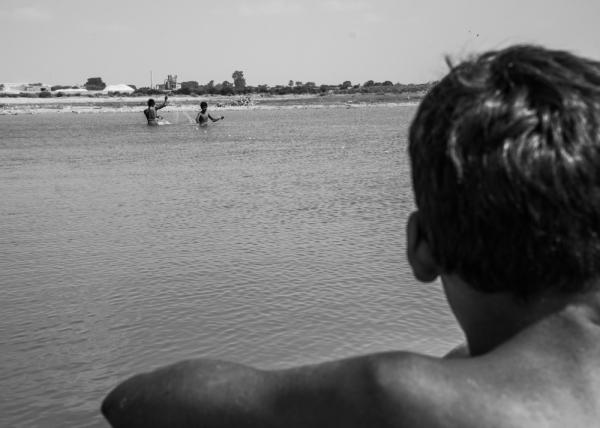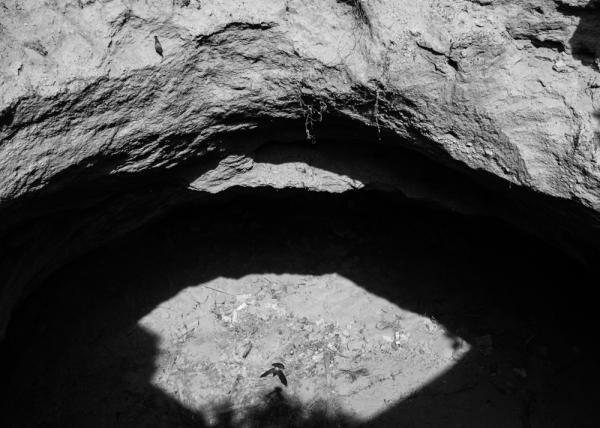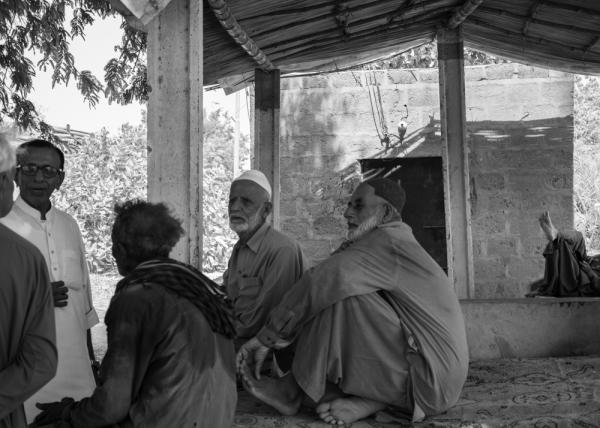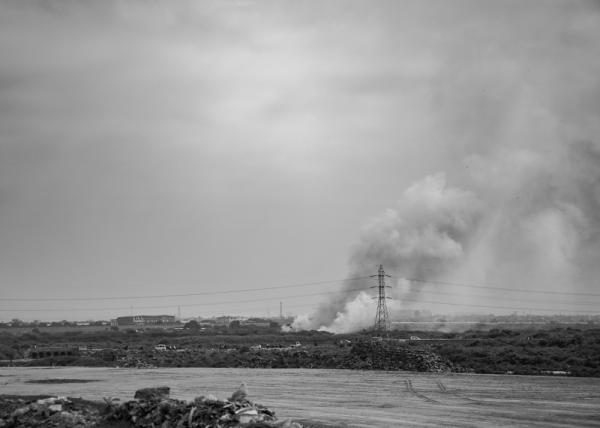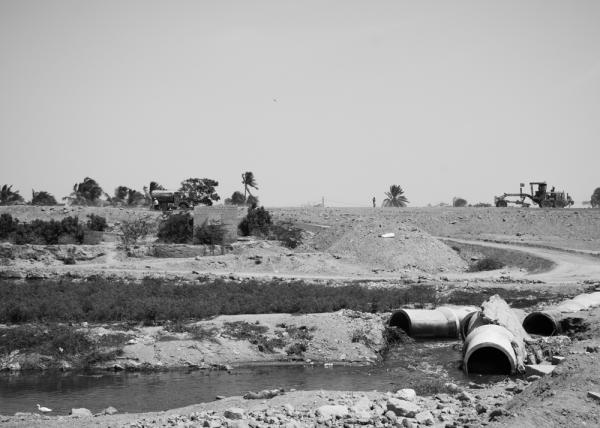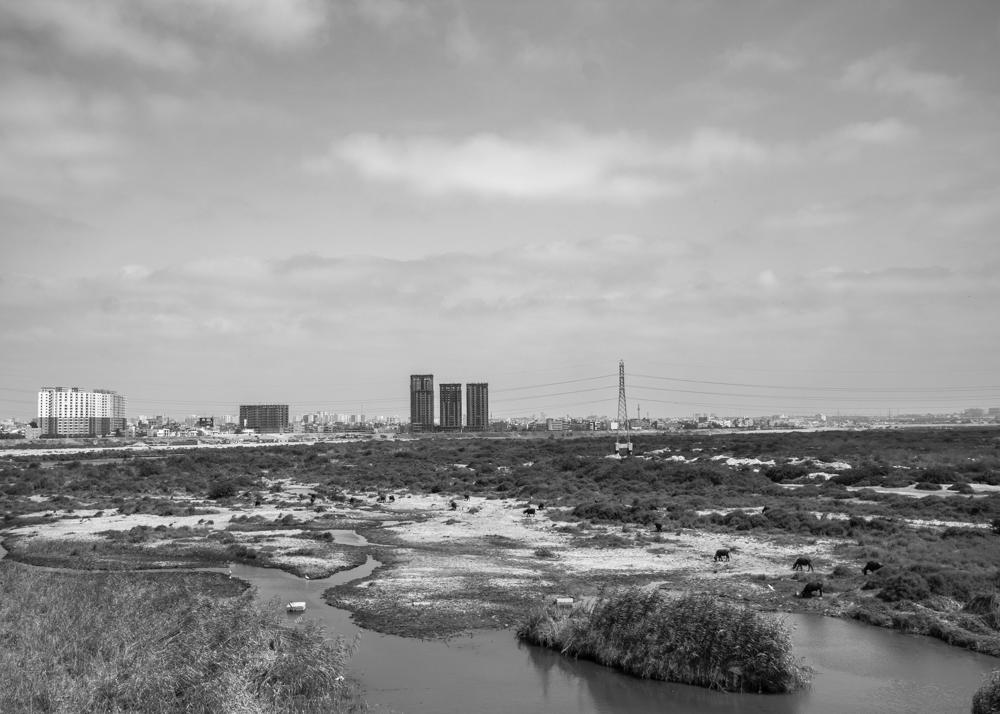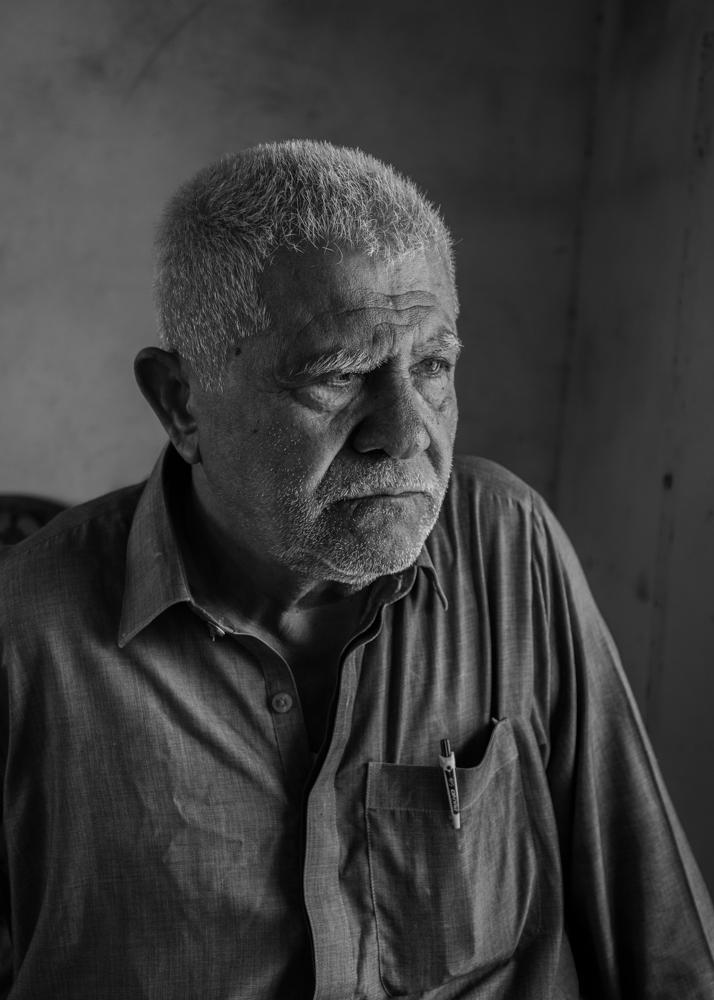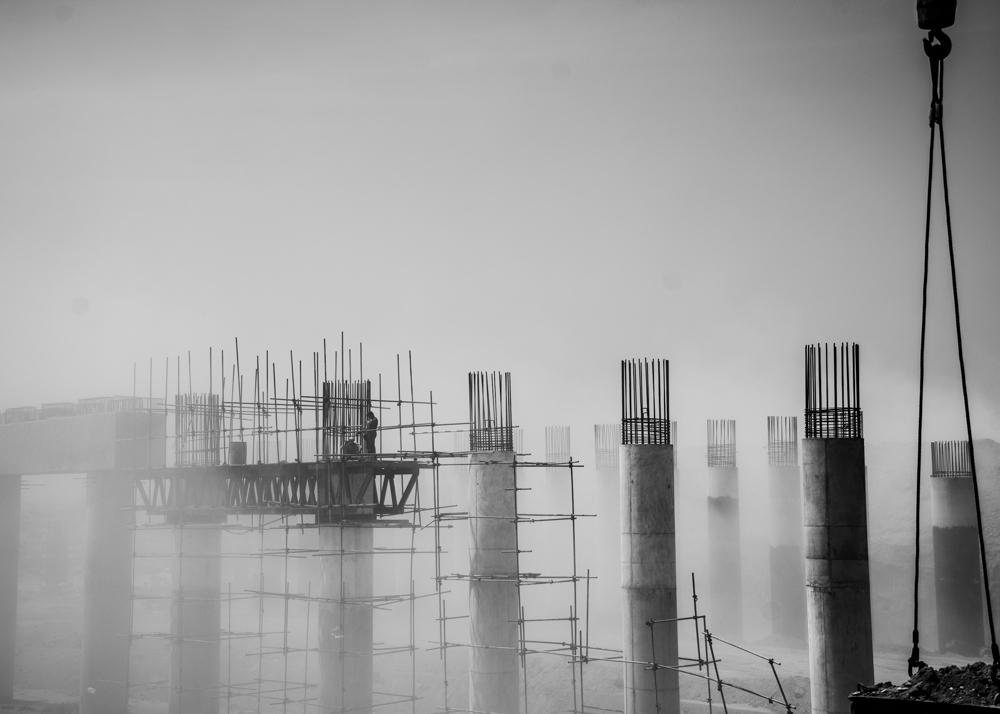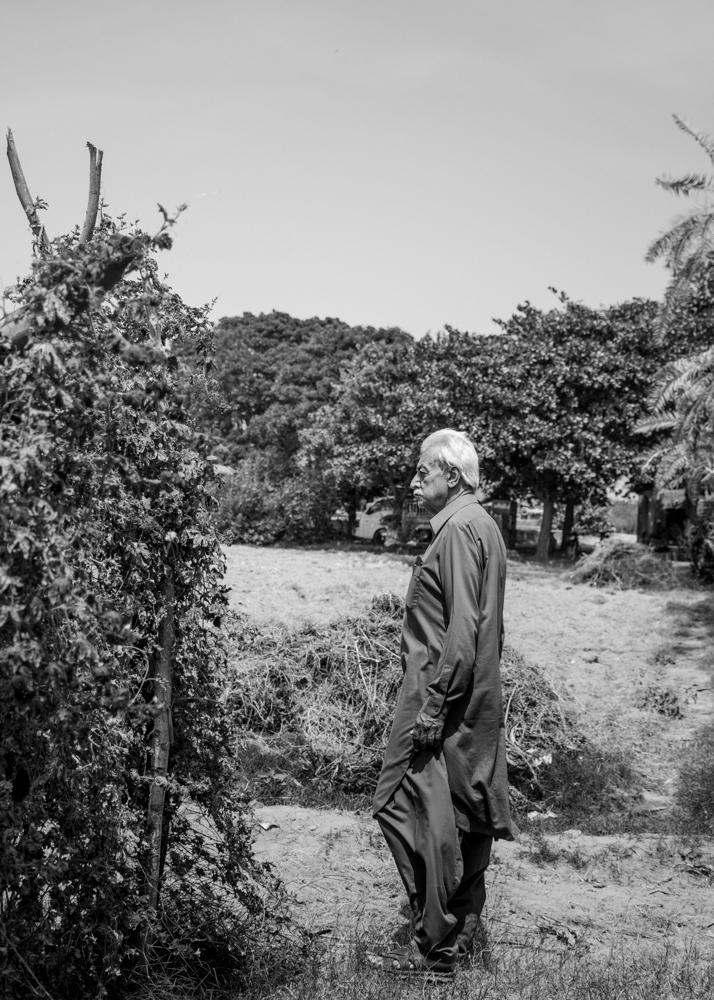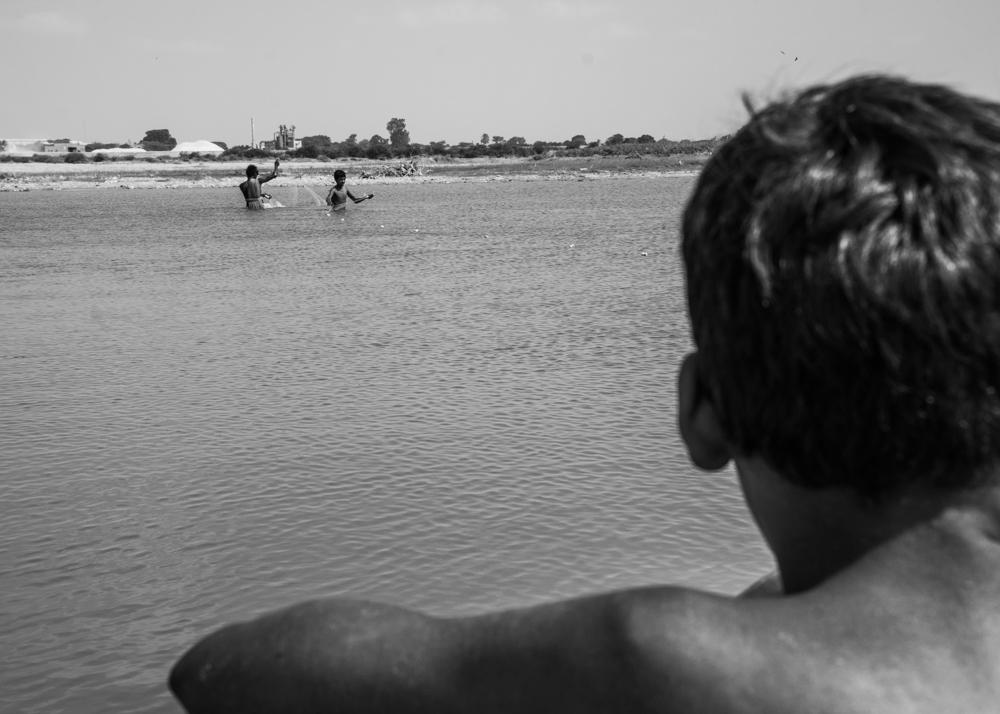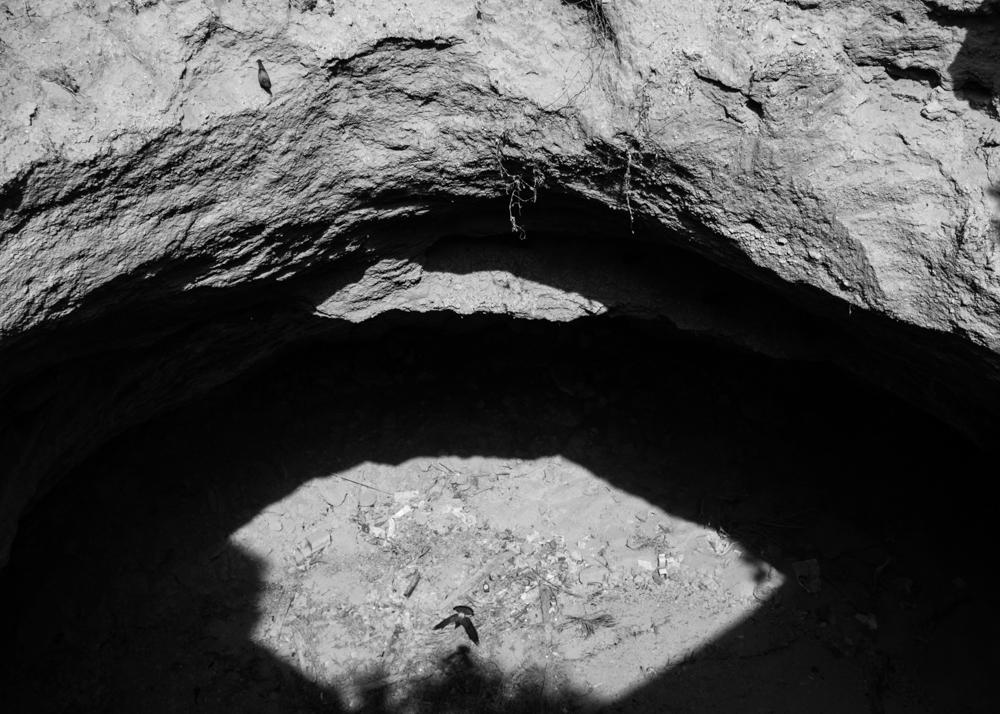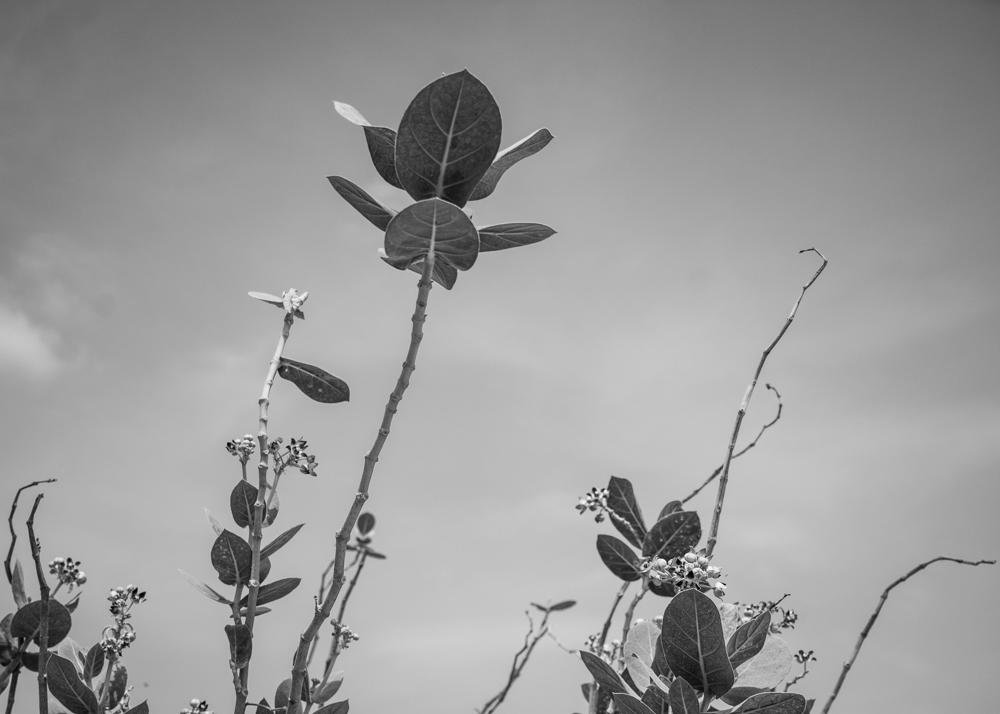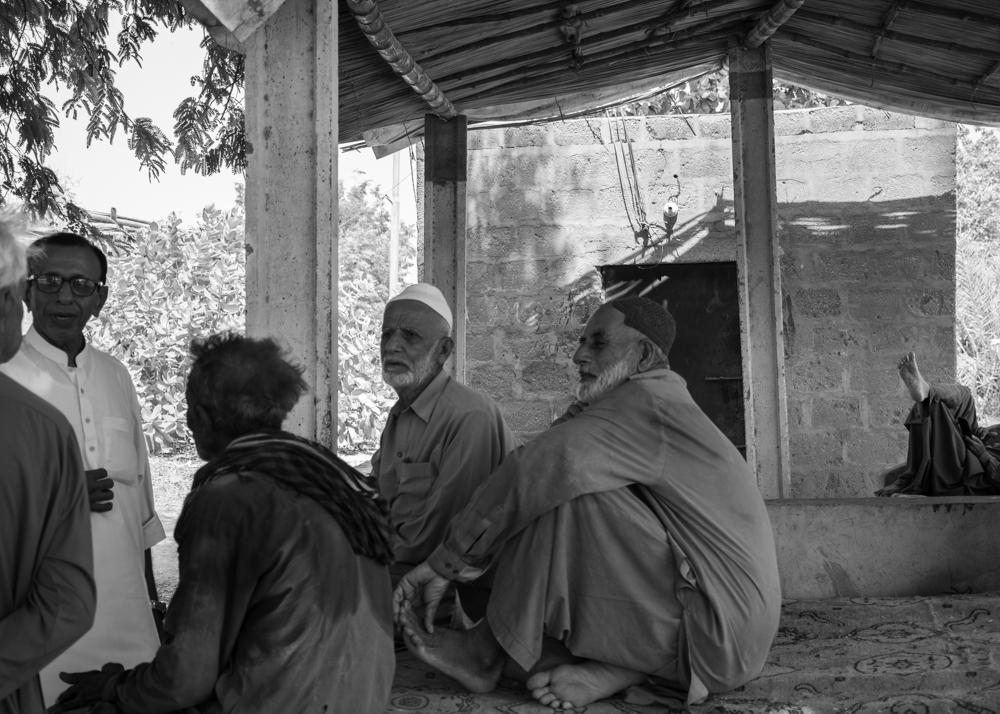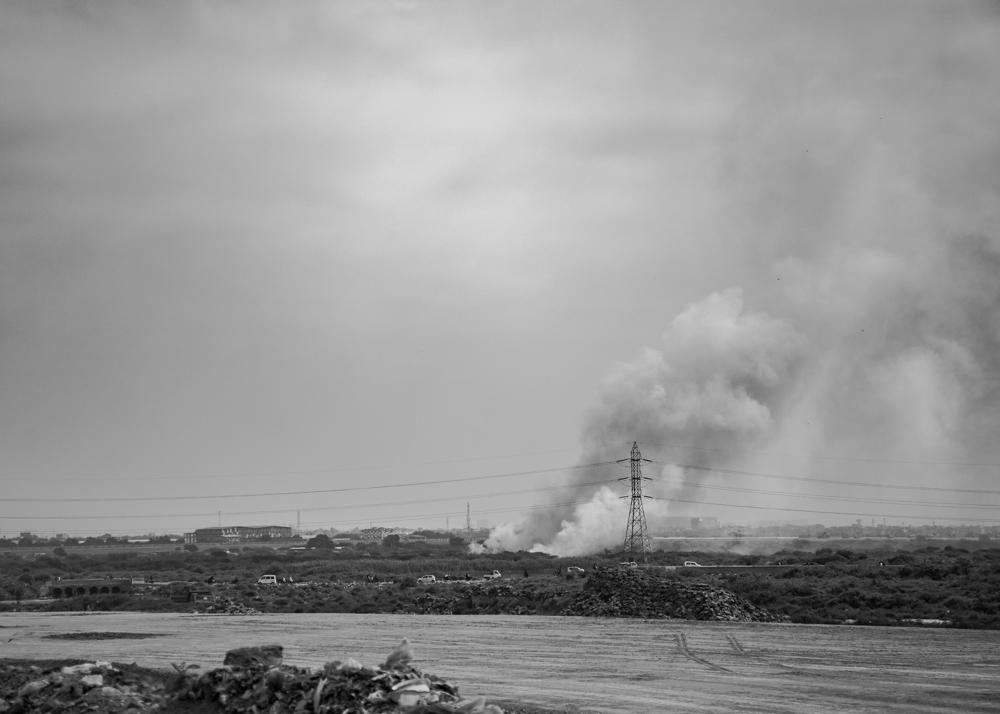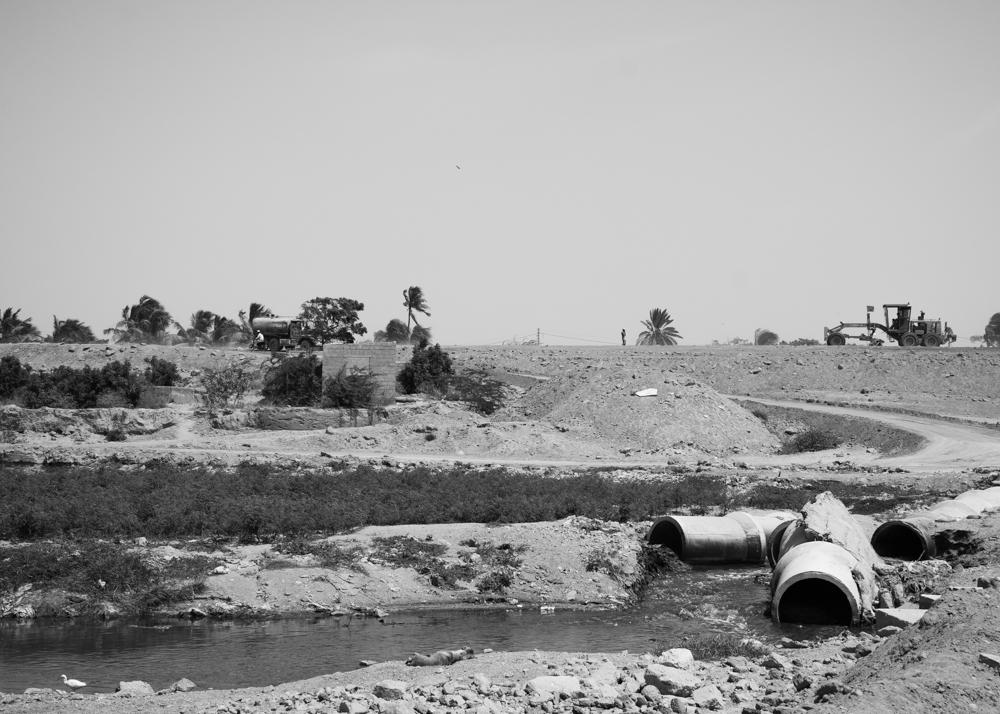Karachi's Malir River Guardians: Defending Land, Culture, and Ecology
This ongoing project shines a spotlight on the indigenous communities residing along the Malir River in Karachi. These communities are engaged in a tireless battle to safeguard their land, culture, and the delicate riverbed ecosystem from the relentless encroachment of urbanization and unsustainable development.
Within Karachi, the Malir River and its surrounding green belt stand as the last bastion against rising temperatures and urban flooding. Historically, the riverbed faced a formidable threat in the form of sand mining, but today, an even greater challenge looms large – a 39.4-kilometer-long expressway constructed atop the Malir River.
The Malir River Basin encompasses a vast area of 2251.7 km², with a significant portion of 930 km² falling within the city limits of Karachi. This seasonal river courses from the northeast, bisecting the city before finally emptying into the Arabian Sea.
The communities inhabiting the banks of the Malir River represent some of Karachi's oldest residents. For them, the river's water is a lifeline. Once home to thriving fishing communities, the river's flow has dwindled due to shifting climate patterns and rampant sand mining on its bed, imperiling their way of life. For them, the river is not just a geographical entity; it is a daily ritual, a thread in the fabric of their everyday conversations.
This project endeavors to delve deep into the intricate and multi-faceted challenges posed by the Malir River and its consequences for its inhabitants. It seeks to unravel the essence of this rich environment and its current state. At its core, the narrative is sculpted by the lives of these residents, for whom the river's waters not only signify their quality of life but also constitute an integral part of their identity. These indigenous communities, who have thrived for generations along the Malir River, now stand as its unwavering custodians, guarding its legacy in the face of monumental challenges.

